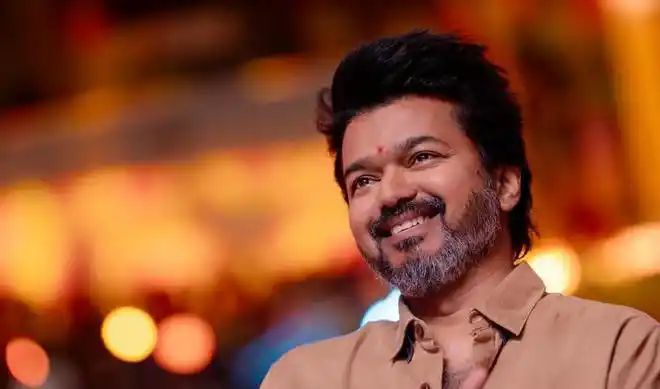Divya Prabha finally speaks on leaked nude scene from ‘All We Imagine As Light’: ‘I was totally convinced…don’t need to strip…’

Actor Divya Prabha recently addressed the controversy surrounding a leaked nude scene from her film All We Imagine As Light. Speaking to Onmanorama, Divya called the incident “pathetic” but admitted she had expected backlash. She dismissed claims that she did the scene for fame, stating, “I don’t need to strip naked to earn fame.”
In the film, directed by Payal Kapadia, Divya portrays a young Malayali nurse named Anu. Currently working on another project in Dubai with director Thamar KV, Divya shared her thoughts on the issue. She said, “I anticipated criticism from a section of people in Kerala when I signed the role. While we admire international filmmakers and their bold storytelling, we seem intolerant when Malayali women take on similar roles. However, I’m encouraged by the support I’ve received, especially from men, which gives me hope for the younger generation.”
Divya criticised those who spread the leaked videos, calling them a small but troubling fraction of society. She emphasised that the film had been approved by the Central Board of Film Certification, which included Malayali members. She added, “I take on roles that convince me, and I was fully confident about my character in this film.”
All We Imagine As Light at Cannes Film Festival
All We Imagine As Light, currently in theaters, also stars Kani Kusruti, Chhaya Kadam, and Hridhu Haroon. The movie made history by winning the prestigious Grand Prix at the 77th Cannes Film Festival, becoming the first Indian film to receive the award. It is an official Indo-French co-production by Petit Chaos (France), Chalk & Cheese, and Another Birth (India).
All We Imagine as Light received an eight minute standing ovation at the end of its screening at Cannes. This is the first film from India to compete in the main competition at Cannes since Swaham in 1994, and Kapadia is the first Indian female filmmaker to do so.
It won the Grand Prix, becoming the first Indian film to do so.





